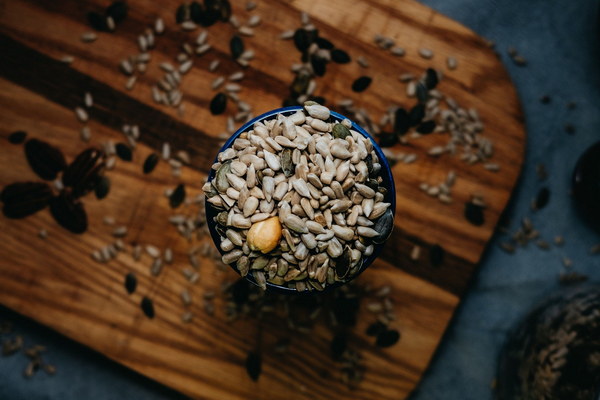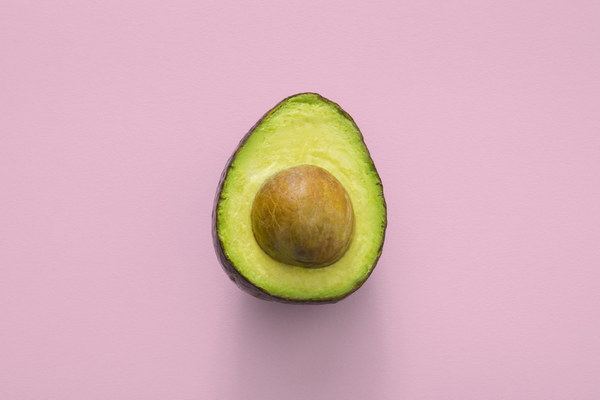Natural Remedies for Baby's Frequent Urination A Nutritional Approach
Introduction:
Frequent urination in babies can be a concern for parents. It might indicate an underlying health issue or simply a temporary condition. While it's essential to consult a pediatrician for a proper diagnosis, certain dietary adjustments can help alleviate the symptoms and provide relief to your little one. In this article, we will discuss natural remedies for baby's frequent urination, focusing on nutritional approaches that can support your baby's health.
1. Hydration:
One of the primary reasons for frequent urination in babies is dehydration. Ensuring your baby is well-hydrated is crucial in managing this condition. Here are a few tips to maintain adequate hydration:
a. Breast milk: Breastfed babies receive all the necessary fluids and nutrients through breast milk. Continue breastfeeding as per your baby's demand.
b. Formula milk: If your baby is formula-fed, follow the feeding instructions provided by the manufacturer to ensure proper hydration.
c. Water: Once your baby is around six months old, you can introduce water in small quantities. Start with a few ounces and gradually increase the amount as your baby grows.
2. Diuretic Foods:
Some foods have natural diuretic properties that can help increase urine production. Incorporating these foods into your baby's diet may help manage frequent urination. Here are a few options:
a. Watermelon: High in water content, watermelon is an excellent choice for hydration and reducing frequent urination.
b. Cucumber: Cucumbers are another hydrating food that can help manage your baby's urination frequency.
c. Spinach: Spinach is rich in potassium, which can aid in reducing urination frequency.
d. Blueberries: Blueberries have a diuretic effect and can help manage your baby's frequent urination.
3. Limiting Certain Foods:
Certain foods can exacerbate frequent urination in babies. Here are some foods to avoid:
a. Citrus fruits: Oranges, grapefruits, and lemons are acidic and can increase urination frequency.
b. Tomatoes: High in acidity, tomatoes can contribute to frequent urination.
c. Alcohol: Alcohol is a diuretic and should be avoided to prevent further dehydration.
4. Probiotics:
Probiotics can help maintain a healthy gut flora, which can have a positive impact on your baby's urinary tract. Foods rich in probiotics include:
a. Yogurt: Choose unsweetened, plain yogurt with live cultures.
b. Kefir: Kefir is a fermented milk drink that contains probiotics.

c. Sauerkraut: Fermented cabbage, sauerkraut is another probiotic-rich food.
5. Herbs and Supplements:
Certain herbs and supplements can support your baby's urinary tract health. Consult with a pediatrician before introducing any new herbs or supplements to your baby's diet:
a. Uva ursi: This herb has been traditionally used to treat urinary tract infections and may help manage frequent urination.
b. Buchu: Another herb that supports urinary tract health, buchu can be used in moderation under pediatric supervision.
Conclusion:
Frequent urination in babies can be concerning, but with proper hydration and dietary adjustments, you can help manage the symptoms. By incorporating hydrating foods, limiting acidic foods, and introducing probiotics, you can support your baby's urinary tract health. Always consult with a pediatrician for a proper diagnosis and guidance on your baby's dietary needs.









